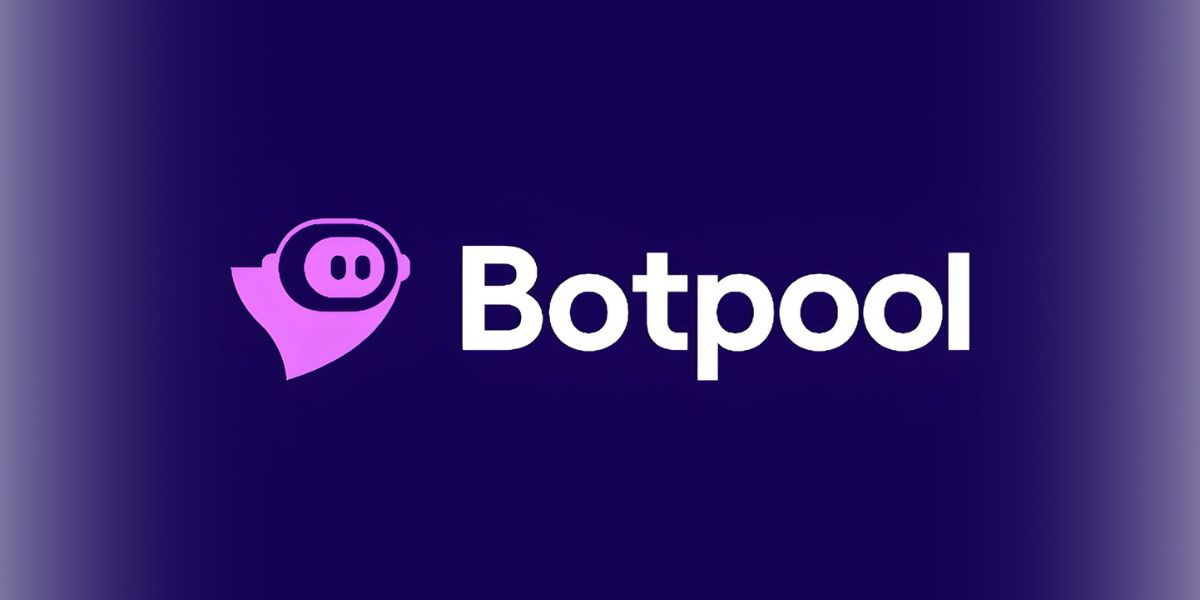Over the past few years, artificial intelligence has evolved from a research area with great potential into a key enabler of digital transformation in various industries. Up to $15.7 trillion could be added to the economy by 2030 through the use of AI, as projected by PwC, with the majority of this growth driven by increased productivity and enhanced consumer demand. Companies are no longer merely interested in AI; they are actively investing in tools, teams, and platforms that can convert data into actionable insights. Yet for many companies, especially those outside the tech sector, the path to implementing AI is anything but straightforward.
Domain-specific applications in fields such as medical imaging, risk prediction, and law research demand not only technical proficiency but also industry expertise. Success in AI implementation in these environments relies on a delicate balance of understanding algorithms and how they converge with business requirements. With companies seeking adaptable, project-oriented means to tap into that expertise, newer freelance marketplace models have appeared to fill that divide.
Botpool, established in 2025, is an artificial intelligence-specific platform that connects businesses with a curated set of professionals specializing in machine learning, deep learning, generative AI, and automation. The platform facilitates businesses across various industries in seeking customized AI solutions. This vertical focus positions Botpool as part of a growing trend reshaping how technical expertise intersects with industries undergoing digital transformation.
In the financial industry, Botpool supports projects such as credit risk modeling, financial forecasting, and algorithmic trading. These activities require knowledge of both predictive analytics and the regulatory environments in which financial institutions operate. Clients usually require freelancers experienced with technologies such as Python, Keras, and Tableau, as well as platforms such as Bloomberg Terminal or AWS for deployment.
Botpool freelancers handle cases in healthcare from predictive diagnosis to medical image segmentation. As machine learning is being more widely utilized to flag radiology scan anomalies or predict patient readmission risk, there’s an increasing need for data scientists familiar with electronic health records (EHRs), HIPAA regulations, and platforms like TensorFlow. By tapping into talent that combines both academic and clinical experience, Botpool aims to address the complexity of healthcare AI applications, where accuracy and adherence to ethical guidelines are paramount.
The law sector has also begun utilizing AI to automate mundane tasks such as contract summarization, case law searches, and document categorization. Law firms and legal tech businesses can hire natural language processing professionals at Botpool who understand regulatory databases and legalese. Tasks may involve constructing a solution for extracting important clauses in lease agreements or creating a chatbot to provide HR-related compliance queries. These interactions usually demand a combination of language models, semantic search software, and hands-on experience with unstructured data.
In the e-commerce industry, AI-powered tools dominate product recommendations, customer segmentation, and chatbot creation. Botpool offers access to professionals who excel at optimizing recommendation engines through collaborative filtering, reinforcement learning, or hybrid approaches. Retail brands typically request integrations with platforms such as Shopify, Magento, or Salesforce, making full-stack development expertise a prized commodity in addition to data science. Voice synthesis, image recognition to catalog, and customer sentiment analysis are also thrown into the mix, demonstrating the platform’s emphasis on applied innovation over boilerplate AI experimentation.
What differentiates Botpool from other marketplaces for AI is its modular project framework. Customers don’t have to assemble complete in-house teams or sign multi-year contracts. Instead, they can specify a scope, such as creating a generative model of design for an architecture firm, and engage relevant freelancers with suitable portfolios. This method reflects a broader shift towards agile, cross-disciplinary teams that can be scaled up or down based on business objectives.
In addition to offering hosting for listings, Botpool has project scoping tools, escrow payment protection, and performance measurement features. Freelancers are also advantaged by having a system that emphasizes verified credentials, past results, and cross-industry flexibility. This two-sided architecture aims to assign domain-specific tasks to freelancers who not only possess technical knowledge of AI but also understand how it relates to the business issue at hand.
By hosting applications in finance, healthcare, legal technology, and retail, Botpool is seen by some as more than a recruitment platform. It serves as a bridge between emerging AI talent and industries that are transforming technology. The business model enables freelancers to tackle significant, often intricate challenges without being tied to a single employer, while clients can access specialized skills without undergoing the traditional hiring process.
The growth of such models indicates a broader trend toward changing the way work is carried out. Recent reports have noted that a significant portion of technology-enabled work in enterprise companies is being handled outside of traditional IT departments. That trend is likely to increase, particularly in fields such as AI, where expert knowledge can be challenging to obtain and even more difficult to retain.
Media channels such as The Hindu, OpenPR, and TechBullion have highlighted Botpool’s role in organizing freelance AI work tailored to industry-specific needs. Although it is still in its nascent stage, Botpool has begun gaining recognition for the way it designs its platform for deep vertical use cases, as opposed to generalist, broad solutions.
As artificial intelligence continues to redefine key areas of the global economy, the tools used to harness and apply that intelligence are also changing. Botpool is one such platform, creating a niche within the freelance environment that increasingly appreciates accuracy over quantity. Its methodology, centering on sector-matched AI skill deployment, portends an environment in which AI experts work nimbly across industries, debugging with both code and context.


















